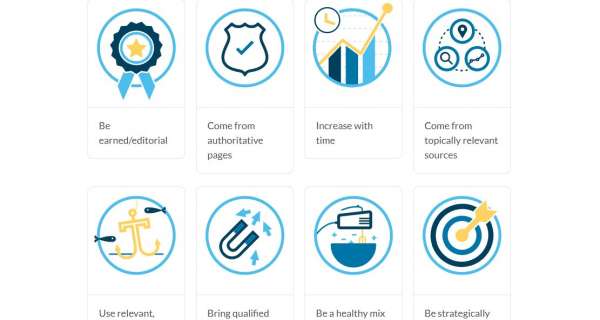According to the latest report from IELTS, the average score of Vietnamese people in 2022 was 6.2 out of 9. The average scores for listening and reading were the highest at 6.4. Writiing followed with a score of 6, and speaking was the lowest at only 5.8. Compared to other Southeast Asian countries, the average IELTS speaking score of Vietnamese people is lower than that of the Philippines (6.8), Indonesia (6.4), and Malaysia (6.3).
To improve this skill and perform best in the IELTS exam, English experts who scored between 8.5 and 9.0 have given many tips for candidates.

Speak Clearly Using the P.I.C Method
According to Mr. Đinh Quang Tùng, Academic Director of YSchool and 8.5 IELTS scorer, the test simulates a conversation in an English-speaking environment with different topics and contexts.
"Even though some questions may sound academic, this test is not too 'academic'. The main goal is to check language ability, so candidates do not need specialized knowledge to answer," Mr. Tùng emphasized.
This is also why, if candidates encounter a strange topic or question that leads to a "block", the teacher advises them to honestly tell the examiner that they have very little knowledge about the topic. Then, they can make guesses or answers based on what they know.
"Don't try to find the 'correct' answer because, in reality, there are no right or wrong answers," Mr. Tùng shared.
To develop English speaking skills, Mr. Tùng suggests that candidates can use methods like "shadowing" (listening to native speakers and repeating exactly, which helps with pronunciation and vocabulary) and watching content they enjoy in English (which helps them immerse themselves in the language). They can also present their opinions using the P.I.C method (Point - Illustration - Conclusion).
If candidates often mispronounce words or use incorrect terms, Mr. Tùng recommends recording their answers to find and correct mistakes. If they notice a mistake during the exam, there are two cases to consider.
"One is if the mistake is small and does not affect understanding, it can be ignored to avoid affecting fluency. In the opposite case, it is better to correct it because if the examiner does not understand the message, it will affect the score more," the director said.

Supplementing Social Knowledge
Teacher Luyện Quang Kiên, and IELTS preparation teacher in Hanoi who scored 9.0 in all IELTS skills, believes that parts 1 and 2 of the speaking test are "very close" to daily communication, while parts 3 is more academic,
"like a discussion during study." Therefore, to practice speaking effectively, candidates should watch many good movies or English vlogs to get used to everyday communication in different contexts.
"At the same time, you also need to watch podcasts and videos about various life topics like health, environment, and education to add to your social knowledge. When you have quality input, candidates should practice speaking about what they have heard or read. This can be done by summarizing what you see or by joining clubs or classes to discuss and interact with classmates and teachers," said Teacher Kiên.
Agreeing with Teacher Quang Tùng, Teacher Kiên noted that the IELTS test mainly checks language use. So, if candidates struggle to speak, they can admit this to the examiner and explain why they have no ideas.
"This requires a certain level of language skill and helps the examiner evaludate the candidate more accurately," the teacher stated.
"My advice for all candidates is to use the most natural language possible to express their ideas in the exam room. Issues like which grammar to use, which vocabulary to choose, or what to do if you make a mistake will be solved when we focus on the main idea," Teacher Kiên added, mentioning that this is also how we use language daily, just like when speaking Vietnamese.

Understanding Scoring Criteria
Having scored 8.5 in IELTS, Master Khưu Hoàng Nhật Minh, Director of Development and Academics at Origins Language Academy (HCMC), advises candidates aiming for a speaking score of 6.0 to "speak quickly" trying to talk as much as clearly as possible.
"For those aiming for a score above 7.0, know how to choose the right moments to speak and pause appropriately, avoiding long-winded and off-topic responses," Teacher Minh said.
Another important point, according to Master Minh, is that candidates should research the scoring criteria for the speaking test published by IELTS organizations (IELTS speaking brand descriptors). These include four areas: "fluency and coherence," "lexical resource," grammatical range and accuracy," and "pronunciation."
"These criteria are also scored from 1 to 9 and each accounts for 25% of the total speaking score. The most important point to perform well in the test is that you need to have ideas to convey to the examiner. This can be improved by readking articles or news written or broadcast in English and then practicing debating with friends," Teacher Minh explained.
CREDIT: thanhnien.vn





















0 Comments